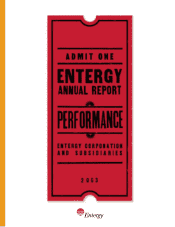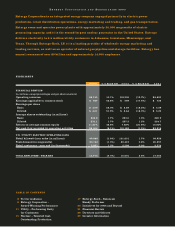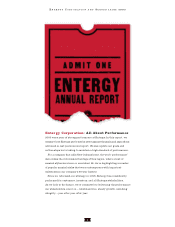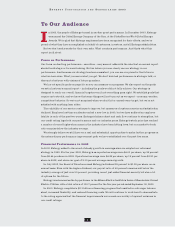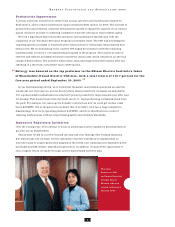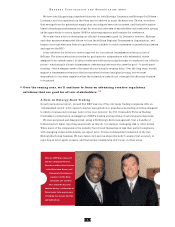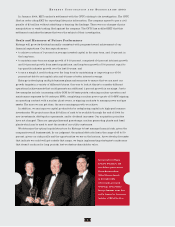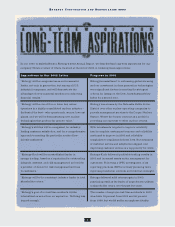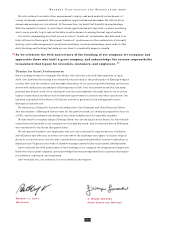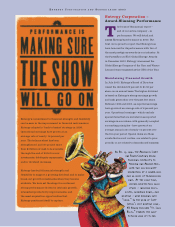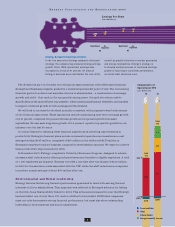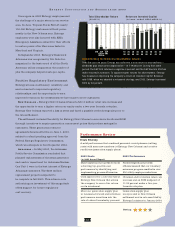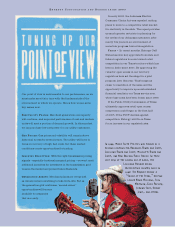Entergy 2003 Annual Report Download - page 6
Download and view the complete annual report
Please find page 6 of the 2003 Entergy annual report below. You can navigate through the pages in the report by either clicking on the pages listed below, or by using the keyword search tool below to find specific information within the annual report.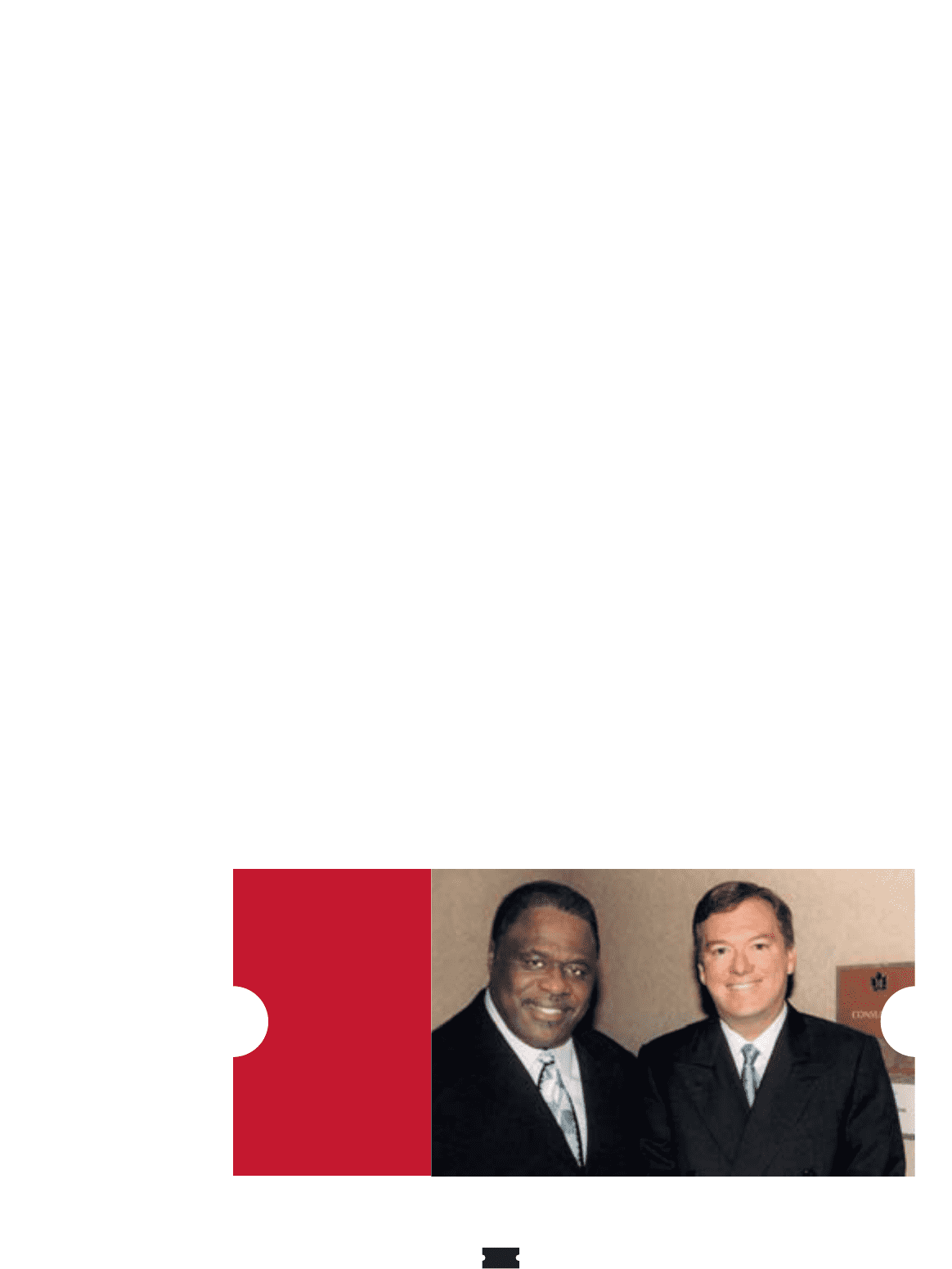
4
ENTERGY CORPORATION AND SUBSIDIARIES 2003
We have rate filings being considered this year for both Entergy Louisiana and Entergy Gulf States –
Louisiana, and our expectation is that they can be resolved in much the same way. That is, we believe
that savings from the generation supply plan can mitigate base rate increases, and that performance-
based ratemaking mechanisms can align the economic interests of shareholders and customers, giving
us the opportunity to earn a higher ROE by achieving superior performance for customers.
We’ve also been active in developing an efficient transmission grid. In December, however, Entergy
and other sponsors suspended efforts to form the SeTrans Regional Transmission Organization, as it
became clear that state and federal regulators were unlikely to reach consensus on jurisdictional issues
and approve the RTO.
A key initiative for 2004 is to receive approval for our interim transmission solution in lieu of
SeTrans. The interim structure provides for grid operator independence with substantial duties
assigned to an outside expert. It also provides more efficient pricing through a transition from rolled-in
prices – which simply allocate transmission costs among everyone who uses the grid – to participant
funding – which assigns costs to the users who are actually causing them. Over the long term, we still
support a transmission structure that incorporates locational marginal pricing, but we must
demonstrate to our state regulators that the transaction costs do not outweigh the efficiency benefits
to be gained.
A Note on Entergy-Koch Trading
In last year’s annual report, we said that EKT was one of the only large trading companies with an
“unblemished record” with regard to market manipulation or simultaneous trading activities designed
to inflate volumes and revenues. Later in the year, however, the U.S. Commodity Futures Trading
Commission conducted an investigation of EKT’s trading and reporting of natural gas transactions.
We were surprised and disappointed, along with Entergy-Koch management, that a handful of
traders had not taken reporting as seriously as they do, for example, managing risk or other duties.
While many of the companies in the industry have found themselves in less than perfect compliance
with changing rules and standards, we expect more. It was a fundamental breakdown in the way
Entergy-Koch does business. We have taken very serious steps internally to ensure that accuracy in
reporting is never again an issue, and that similar breakdowns don’t occur in other areas.
Entergy CEO Wayne Leonard
and Rev. Hezekiah Stewart,
Founder and Executive Director
of the Watershed Human and
Community Development
Agency in Little Rock,
Arkansas, get together
after Leonard's keynote
address during a celebration of
Watershed’s 25th anniversary
of helping low-income families
and individuals.
Over the coming year, we’ll continue to focus on advancing creative regulatory
solutions that are good for all our stakeholders.
“”

